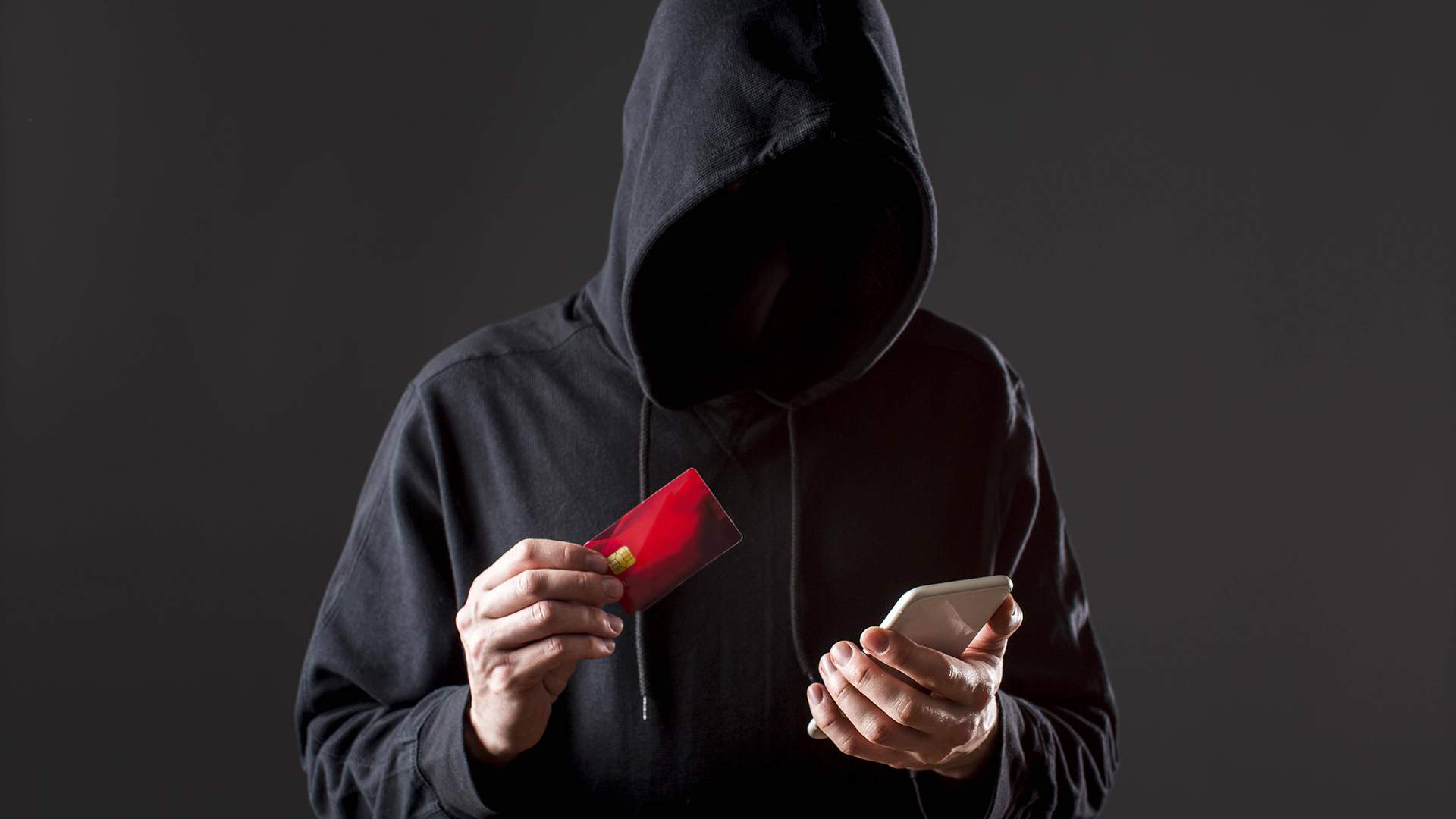Plastic cracked: dropper card offers disappeared from the black market

They have practically stopped selling dropper cards on the black market, cybersecurity experts told Izvestia. The reasons are in the new measures of the Central Bank to combat, which were launched in May: in particular, the restriction on transfers from such "plastic" in 100 thousand rubles. So far, the attackers are using previously purchased cards. It is expected that the sale of drop kits will return in a few weeks, but they will cost much more than the current 15-20 thousand rubles. This will make the scammers' work less profitable and make it much more difficult. What other restrictions await droppers and whether they will allow them to completely solve the problem of telephone scams — in the Izvestia article.
Who are the droppers?
There are currently no offers on the black market for any money to sell "dropper kits" that include a copy of the bank's customer's passport, account and SIM card, Ashot Oganesyan, founder of DLBI's data leak intelligence and monitoring service, told Izvestia. Fraudsters need cards from such sets to withdraw stolen money and "cover their tracks." In fact, dropper accounts belong to ordinary citizens who give outsiders access to them either for personal gain or being deceived.
Cybersecurity experts from F6, Telecom Exchange and Phishman, interviewed by Izvestia, confirmed that the supply of dropper cards on the black market declined sharply in May. At the same time, a huge number of requests for their purchase remain, Ashot Oganesyan clarified.
The Central Bank has introduced new restrictions against droppers, recalled Alexander Bleznekov, head of the information security department of the Telecom Exchange. A source close to the Bank of Russia is also convinced that the number of offers of such kits has decreased because of this. Since May 15, limits on transfers above 100,000 rubles per month have been in effect for customers of credit institutions included in the so-called dropper database of the regulator.
The Central Bank maintains a special database that contains information about droppers. It is formed on the basis of information from banks about all cases and attempts of fraud. That is, if a person informed a credit institution that he had sent a transfer under the influence of intruders, and as a result the money was stolen, the recipient's account would end up in the regulator's database. If a bona fide user is still on the blacklist and his access to online services is restricted or a ban on transfers of more than 100 thousand rubles per month is imposed, he can appeal this decision, the Central Bank recalled. To do this, you need to apply to any of the banks of which the person is a client.
In addition, in 2024-2025, the Bank of Russia introduced new online control procedures for transfers between individuals, including using artificial intelligence, which allows detecting suspicious transactions and blocking drop cards within one day, Alexander Bleznekov added.
However, even if new dropper cards are not currently being sold on the black market, fraudsters may use previously purchased sets, experts warned. In addition, the black market is not the only resource for obtaining them, as hackers also issue fake accounts directly to fake individuals.
It is also important that criminals use other ways to withdraw stolen funds. For example, cash theft schemes are still in effect: when victims are persuaded to transfer the "cash" to a "courier" ostensibly to be credited to a "secure account." Another option is to lure money to cryptocurrency wallets. Therefore, the drop in supply does not give any reason for bona fide bank cardholders to relax.
The decline in supply from "serial" card sellers, or droppers who provide services from many bank accounts, is a temporary phenomenon until the attackers adjust to the new realities, warned Alexey Gorelkin, CEO of Phishman, an expert in the field of information security. He suggests that the situation with droppers will worsen again in the coming month.
How the Central Bank fights fraudsters
Fraudsters are constantly looking for new ways to circumvent restrictions, for example, they use "warming up" cards, said Alexander Bleznekov. That is, after acquiring an account on the black market, legitimate transactions are carried out on it in order to reduce the risk in the eyes of the bank. At the same time, the shortage of supply of drop cards and increased risks for their sellers cause an increase in prices for such "products".
Probably, in a few weeks, dropper cards will reappear on the black market, but their price will be significantly higher than the 15-20 thousand rubles for which they were sold in previous years, Ashot Oganesyan from DLBI expects.
At the same time, the Central Bank continues to fight against droppers. As additional tools, the limitation of the validity period of cards for foreigners and the limit on the amount of "plastic" in the hands of one person are being discussed. In addition, a bill has been submitted to the State Duma that would criminalize droppers. Izvestia also sent a request to the Central Bank about what other measures are planned to be introduced to combat them.
As Alexey Gorelkin from Phishman expects, all this will lead to the fact that cards will be used less and less often to withdraw stolen money, and scammers will focus on using cryptocurrencies.
Переведено сервисом «Яндекс Переводчик»





